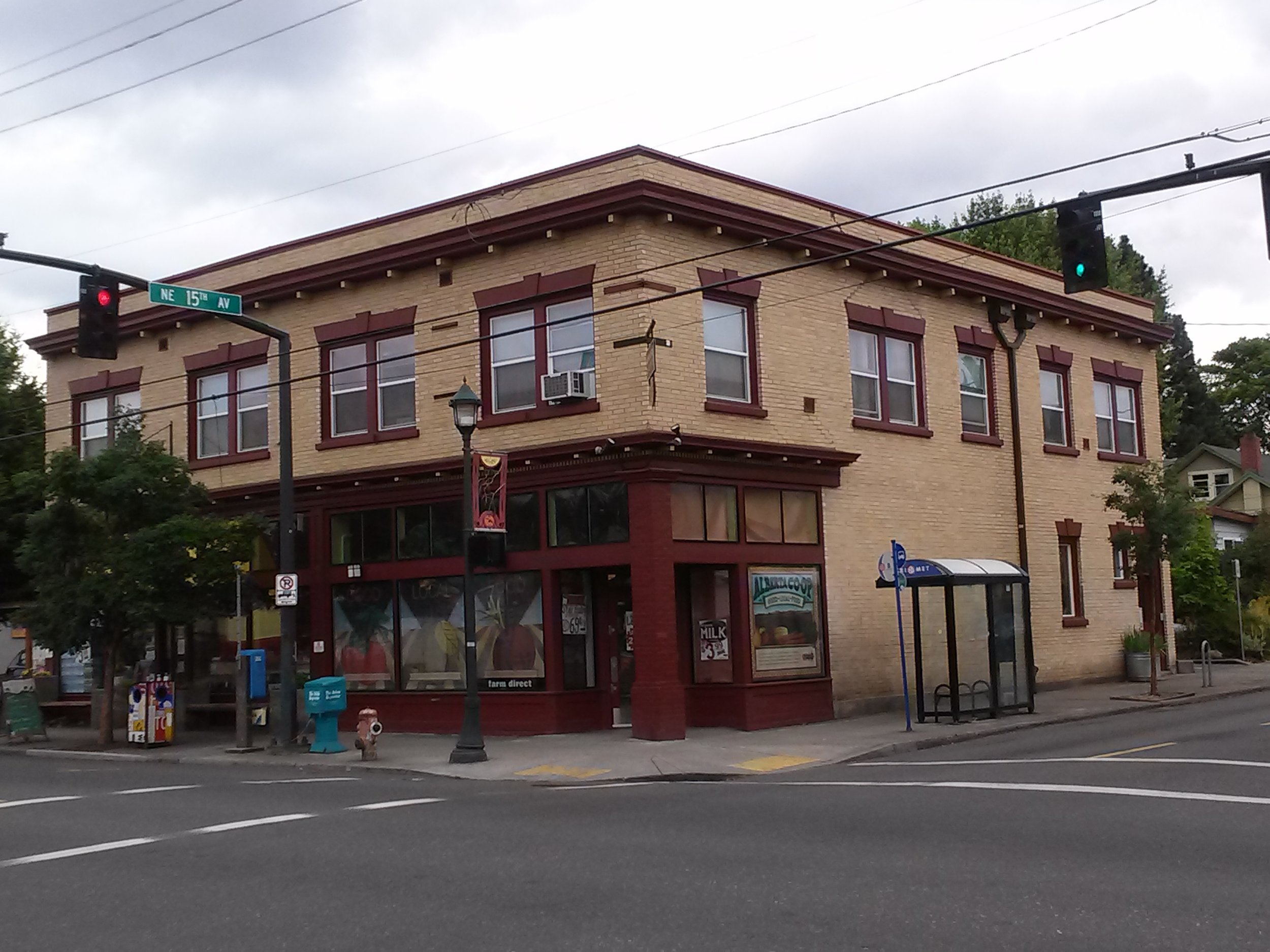Advice for Another Young Developer
 I had a video call today with a young man about to get his Masters in Architecture from a decent program where a friend of mine teaches. Prior to grad school he put in a couple years working for an outfit that does high end retail interiors. The job offers he is getting are from similar enterprises or from retailers. Most of the offers involve moving to New York City.
I had a video call today with a young man about to get his Masters in Architecture from a decent program where a friend of mine teaches. Prior to grad school he put in a couple years working for an outfit that does high end retail interiors. The job offers he is getting are from similar enterprises or from retailers. Most of the offers involve moving to New York City.
Here is the problem. He wants to be a developer. Land a design gig in NYC and you could remain an aspiring developer for a very long time. It is a tough place to get started in. Costs are high and the consequences for screwing up your freshman project are higher than many other perfectly good places.
I suggested that rather than taking the day job working on retail stores and figuring out where he can afford to live in New York City, think hard about where he would like to build his own projects. Then find a day job in that city. Turns out he is interested in Western New York, a place that has a lot of opportunity for a young developer. I recommended that he take some time to get to know the people who were already on the ground doing the kind of work he wants to do. He should map out the opportunity sites in the neighborhood he wants to work in and start doing back of the envelope site plans and the accompanying back of the envelope pro formas on multiple sites. Put together your own fantasy football league in which 7 or 8 potential sites compete for your attention (based upon the stat's they can produce.) Don't fall in love with just one site and design it to the max. Pull multiple sites up at teh same level of detail and understand the trade offs between them, their relative strengths and weaknesses. That exercise will help you see the opportunities for how the neighborhood can get better. Doing your part to spin that larger scale neighborhood flywheel is the best approach to building and maintaining long term value with your projects. Make them add up into something more important and more valuable than the sum of the parts.
There are a lot of places that can benefit from the work of a rookie developer who wants to build reliable background buildings. Pick a place you really like, rather than trying to break into a larger market in a place where you happened to get a job offer. No place is perfect. Every place needs work. Get used to making consequential decisions with limited information. That's what a developer does for a living.
